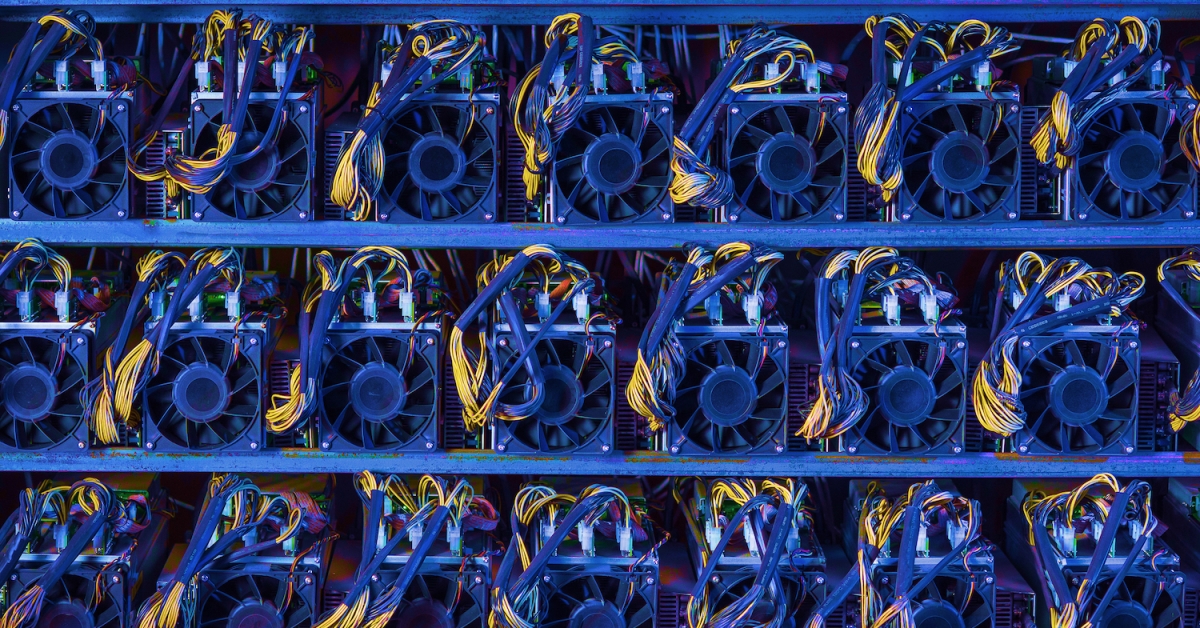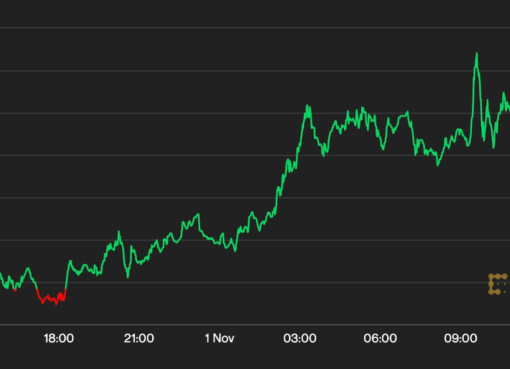Babel Finance is letting bitcoin mining firms put up their machines as loan collateral so the lender can offer them better terms.
The loan-to-value ratio (LTV) for these loans is 30%, in part because Babel keeps the freshly mined crypto until the borrower pays back the loan. The LTV is significantly cheaper than the 160% Babel normally charges, which means borrowers would need to put up $1.6 million worth of bitcoin in order to borrow $1 million in U.S. dollars.
In a bull market miners are increasingly uneasy parting ways with mined cryptocurrency. These loans allow the miners to cover expenses like paying electricity bills or purchasing new equipment while giving up less BTC or ETH.
“For miners, the biggest asset they have is their machines,” said Lei Tong, Babel’s managing director of financial services. “After the March 12 price drop, they really wanted to keep as many coins as possible. Putting their machines up as a mortgage is a much better way for them to get loans versus using bitcoin.”
The service launched in June 2020 and has since accumulated $22 million worth of machine-backed loans.
To offer the service, Babel has teamed with the world’s largest ETH mining pool, Spark Pool; one of the largest BTC mining pools, F2Pool; and bitcoin mining farm operators Hashage and Heng Jia Group.
Machine-backed loans now make up almost 5% of the company’s $450 million in total outstanding loans.
Babel Finance’s primary customers are miners, and the lender is aiming to help Chinese miners compete with Western institutions who are buying up the machines in a competitive market, said Tong. These new purchasers have increased demand but supply remains low because of a scarcity of computing chips that manufacturers use to create the machines.
Mining farms operate the machines while holding them as collateral for Babel, and the lender keeps the mined cryptocurrency; this allows Babel to collect the full value of the loan even if the price of the machine is undervalued during a market crash, Tong said.
“Normally it would be six terms for six months,” Tong said. “When they pay the terms, we’ll release the coins mined by the machines.” Babel knows the type of mining machine that’s being offered as collateral so it can estimate the number of coins the machines should be producing.
Babel audits the machines daily by double checking the output that should be coming from each machine with the mining farms and pools. Ten secondhand machine dealers who regularly work with mining machine buyers also price the machines by looking at the computational power of the mining network and the price of the cryptocurrency, Tong said.
In the future, the lender wants to let miners use their machines to hedge against the risk of their cryptocurrency investments.
“It’s quite complicated,” Tong said without elaborating further, but he added that the hedge would protect miners from losing their profits from market crashes.




